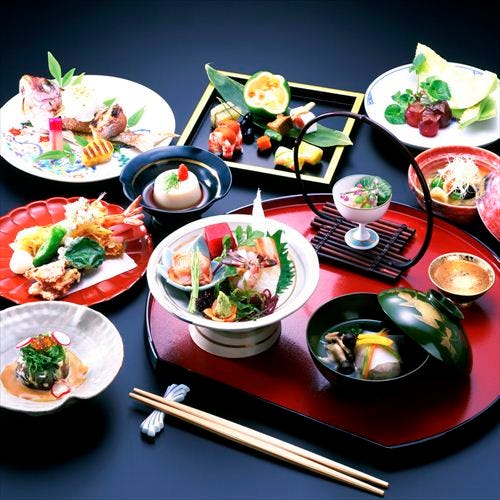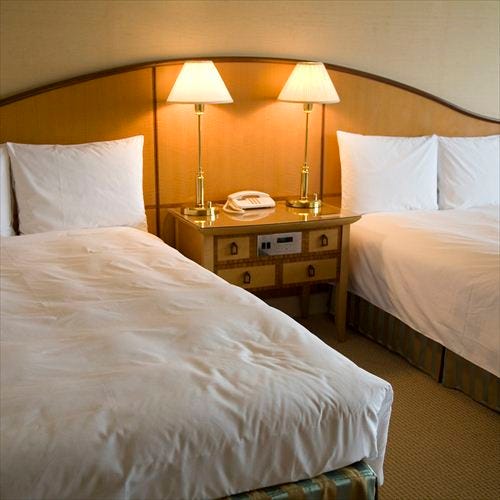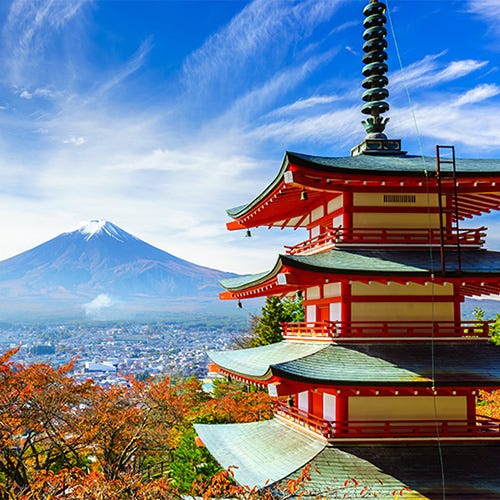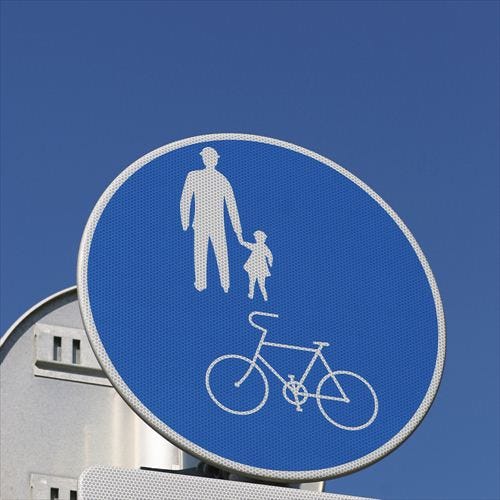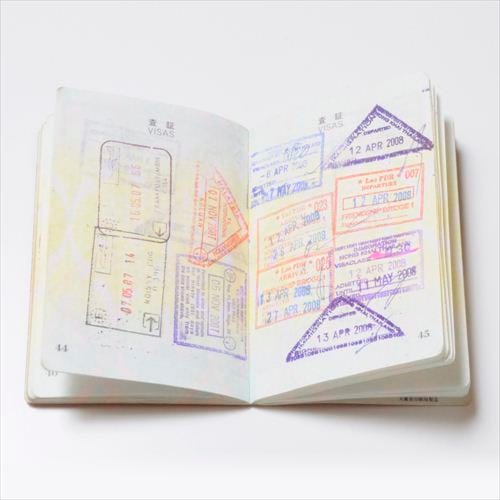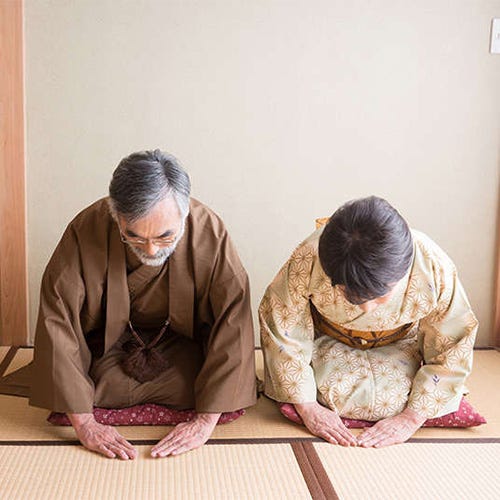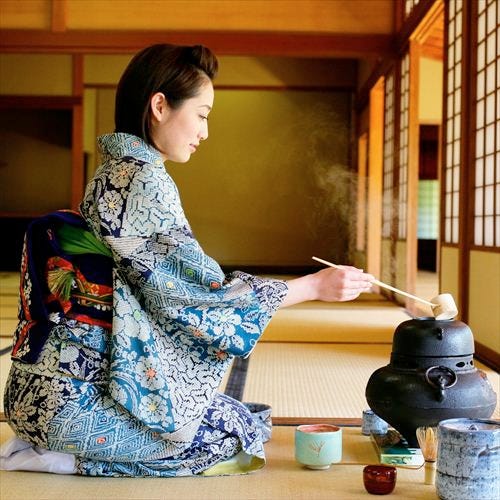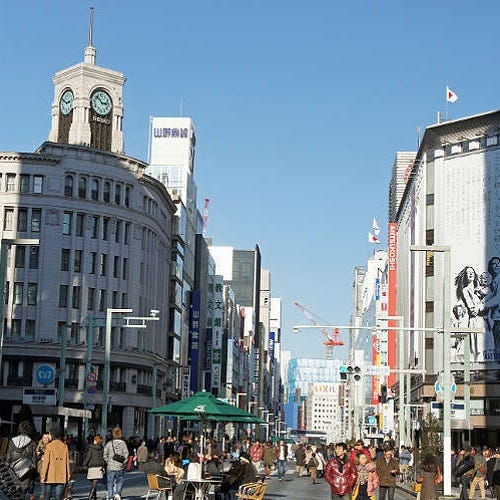
A lot of people say that when it comes to Japan and the United States, the two countries couldn’t be more different from each other. Culture, society, and how people act and interact – these things can drastically change as we set foot in a country that is not our own. Some of those changes can be shocking, in a good and a bad way.
This time, we talked to a 30-year old man from the United States. He moved from New York to Japan three years ago, driven by a passion for the singer-songwriter Hikaru Utada. What shocked you about Japan, both good and bad?
1. Dogeza – Do People Really Do That? I Want to Try!

Dogeza refers to an act of kneeling on the ground and bowing so deep that one’s forehead touches the floor. Part of Japanese etiquette, it is a rather extreme form to prostrate oneself, historically used to kowtow before a person of higher status, as a sincere and deep apology, or to ask for a favor of somebody. The 2013 drama “Hanazawa Naoki” became a fairly big hit, even internationally, and the practice of dogeza plays a major role in the gripping story.
“I love Japan’s dogeza! I have seen it in so many dramas, but never anyone to actually do it here in Japan.”
In recent decades, the historic meaning of dogeza has started to change. Now, it is mainly seen as a total and complete submission and admission of defeat before one’s opponent. It’s certainly not something you’d see in Japan’s day to day life.
“It’s a really interesting part of Japanese culture. ‘I had to do dogeza at my company!’ totally is something that I’d love to tell friends and family! (laughs)”
Well, we wish him best of luck in his endeavor to fall to his knees and press his forehead to the ground in an effort of submission and apology. But remember: dogeza isn’t just about kneeling. If you’re not genuinely sorry, it doesn’t mean anything.
2. So Many Company Couples – Where’s the Point of That?

In Japan, it is common for love to blossom within the same company. It seems like a given, regarding the fact that you see your coworkers almost every day, speak to them, and get to know them. What about the United States, though?
“In the US, private life and business are strictly separated. In my experience, you have little connection to your coworkers and wouldn’t necessarily go to lunch or dinner with them like you do in Japan. That’s no environment to find love! So when I came to Japan and heard that a lot of people are in a relationship with a coworker, I was really surprised.”
How do you date in the States?
“I think people work less, so there’s more time to go to bars and pubs. From there, it develops naturally.”
Indeed, Japan’s long work hours and overtime may be a culprit for people looking for love at their workplace.
3. Everybody Asks for My Age – Why?

“When I meet a Japanese person for the first time, I always get the question: ‘how old are you?’ Well, what are you going to do with this information after I told you?”
Indeed, confirming a person’s age is an unconscious part of a lot of conversations in Japan. While the assumption that asking for a woman’s age could be seen as rude is also prevalent, not knowing someone’s age seems to come with a bit of anxiousness.
“It’s not a question of gender. I never really cared about age, I want to know about someone’s hobbies, their passions, and what kind of person they are. I was really surprised that age is so important here.”
Historically, Japan’s society was all about hierarchy based on seniority. These roots reaching deep into the country’s history and culture can still be felt today, even if less visible. As such, Japanese people feel the need to confirm a person’s age to determine what level of politeness is appropriate. The United States doesn’t have a hierarchical history like that and thus age plays a less important role.
4. Japan has Excellent Restaurants – Pretty Much Anywhere!

“In Japan, I feel like no matter where you eat, the food is always good. You can eat cuisines from all over the world and never be disappointed. Japan itself has a fantastic food culture, so the Japanese must be very happy people!”
What about food in the United States?
“Indian food, for example. I barely ate it back in the States, I simply didn’t like it. Indian cuisine in Japan, however, is excellent! Food in Japan doesn’t just taste good, but the preparation methods are also taken very seriously. In the States? You can hardly call it good (laughs). I didn’t even eat a lot of Chinese food in New York, can you believe it? (laughs).”
5. People are Distant – It’s Hard to Make Friends

“Especially in Tokyo, I feel like there’s a lot of distance between people, more than in the US. If I want to go have dinner with friends, it feels like I have to plan weeks in advance, sometimes even a whole month! That is hard for me to grasp, really. I am used to asking people, ‘Wanna do something tonight?’ or something like that in the United States. It’s normal to meet people on a weekend, even at late times. You want to spend time with your friends after all, right?”
Is this culture shock happening because people in Japan have a tendency to prioritize work? At least there seem a lot of workers who are tired after a long day of work and want to head home straight away.
“There are really not enough opportunities to hang out with friends. In America, I used to stop by a bar or pub after work with my friends a lot to catch up and talk. Japanese people seem to meet their friends only once a month or something – can you really call that a friend?”
6. Cinemas in Japan Aren’t That Great... But Really Expensive!

“I feel like a lot of cinemas in Japan have bad sound quality. It just seems noisy. At the same time, movie tickets are really expensive. That’s a shame. On top of that, Japan is always the last country when it comes to movie releases! Sometimes half a year after the rest of the world! Why is that? I can watch everything on the net before it hits cinemas in Japan... (laughs)”
A prominent example of that is Disney’s Frozen, a movie that was immensely popular all around the world and especially in Japan. While it was released in November 2013 in the States, it wasn’t screened in Japan until March 2014. These release delays can stretch from half a year to a full year.
7. Goukon are Fun! Japan’s Interesting Group Blind Dates
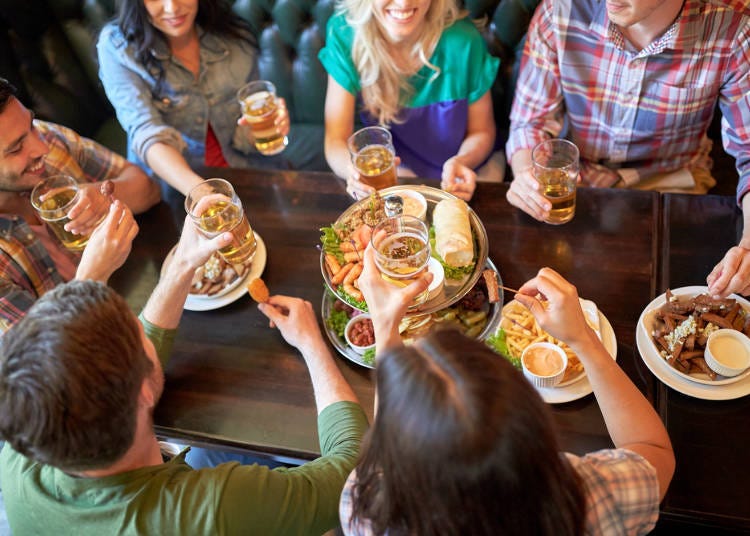
“I was fascinated by the idea of goukon [group blind dates], so I tried it for myself. There’s no such thing in the United States. I often saw goukon in the dramas that I watch, so I was terribly curious how it’s really like. And yeah, the people there, their clothes, the conversations... it was really like a drama! (laughs) ‘Where do you live’ ‘Oh, in Shibuya? Amazing!’ ‘Oh my god, me too!’ (laughs) It went on like that for the entire evening, basically. I don’t quite get how that’s enjoyable, it all seemed pretty superficial.”
These group blind dates are generally organized by a man and a woman knowing each other, then inviting their friends to a goukon. For quite a while, it has been a rather popular approach in Japan as a safe method of blind dating, as you’re not entirely by yourself but always close to your friends.
8. Manzai is the Best – Japanese Comedy Culture is Amazing!

“I am in love with manzai [Japanese stand-up comedy]. In the United States, comedy is usually performed alone, while in Japan, you have this fun dynamic of the boke [idiot] and the tsukkomi [smart guy]. Both styles are interesting and enjoyable but totally different from one another.”
Japan’s “manzai” stand-up comedy often relies on two exaggerated characters and their dynamic, making the audience laugh about the duo pointing out each other’s flaws, for example. The kind of stand-up comedy that focuses on social issues as it is popular in the States is fairly uncommon in Japan.
“I also often watch Japanese variety shows where the entertainers pull the legs of their guests a lot while talking to them. Teamwork is important in Japanese comedy. Especially the hina-dan geinin [supporting comedians in a talk show] are amazing!”
Furthermore, he told us that understanding Japanese comedy was a big motivation for learning Japanese. As comedians often talk fast or with an accent, they can be rather hard to follow for a non-native. Still, enjoying manzai in its original language and without subtitles reveals a whole new layer of entertainment!
9. Don’t Work so Hard, Japanese People – There are Easier Ways to Make Money!

“Yeah, Japanese people are really serious. It seems to me like they really value a constant effort. Still, there are so many ways to make money, so I find it a bit strange that they just keep going without challenging themselves. For example, I worked three years in Dubai to be able to afford a life in Tokyo.”
Moving to a country said to be among the richest in the world to make money is an idea that certainly seems a bit outlandish to many Japanese people. It’s said that the salary is generally high in Dubai while the taxes are low, so it does make sense to move there to make money.
“That’s a thing that I really want to tell Japanese people. There are plenty of folks on this planet who don’t work that tirelessly and still have lots of money. It’s okay if you don’t work as hard! (laugh) But really, you have plenty of options. Of course, a certain effort is always required, but your fate really is in your own hands.”
Japanese people tend to be focused on their career, while our interviewee puts their focus on money – is that a cultural difference or just a personal one? In any case, it is no secret that Japan’s way of working can be inefficient, so that is something that will definitely change in the future!
Did the culture shocks surprise you? Maybe it made you see things about Japanese culture – or your own – that you haven’t quite realized before; perhaps you have an entirely different perspective on things. In any case, it’s important to be open and curious when coming to a different country, be that Japan or the United States. And remember – whenever you meet someone from abroad, you can be sure that they have interesting stories to tell!
*The main image is from Shutterstock.com
*Prices and options mentioned are subject to change.
*Unless stated otherwise, all prices include tax.
Limited time offer: 10% discount coupons available now!
Recommended places for you
-
Goods

Yoshida Gennojo-Roho Kyoto Buddhist Altars
Gift Shops
Nijo Castle, Kyoto Imperial Palace
-

Jukuseiniku-to Namamottsuarera Nikubaru Italian Nikutaria Sannomiya
Izakaya
Kobe, Sannomiya, Kitano
-
Menu
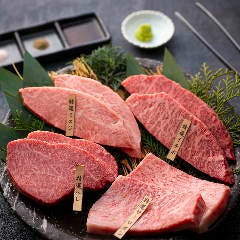
ISHIDAYA Hanare
Yakiniku
Kobe, Sannomiya, Kitano
-
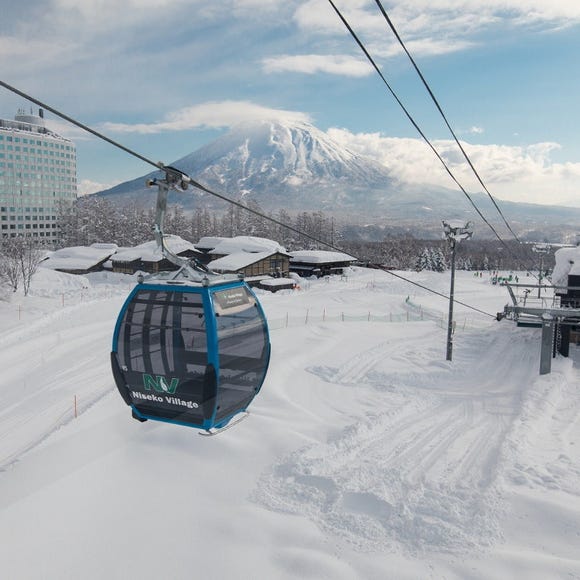
Niseko Village Ski Resort
Skiing & Snowboarding
Niseko / Rusutsu
-

Kamesushi Sohonten
Sushi
Umeda, Osaka Station, Kitashinchi
-
Appealing
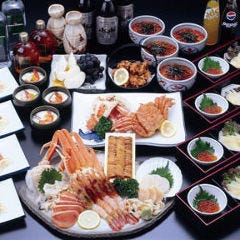
Rukku and Uohei
Izakaya
Sapporo / Chitose
-

12 Unique & Fun Tokyo Food Tours to Enjoy in 2024
-
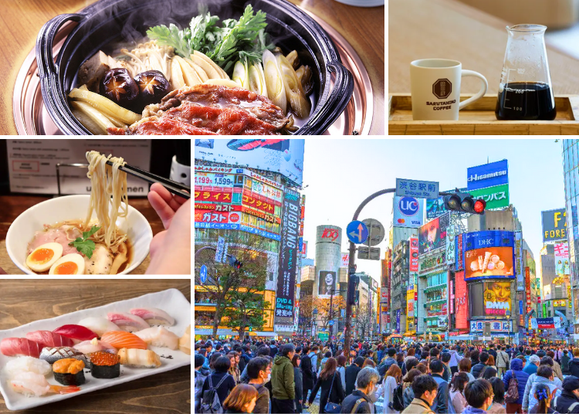
Where to Eat in Shibuya: 14 Must-Try Restaurants for Yakiniku, Sushi, Izakayas, Cafes and More
-
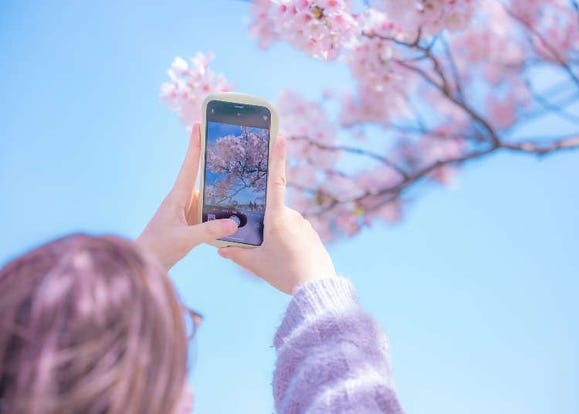
Professional Photos Even Beginners Can Shoot! 10 Tips for Taking Stunning Cherry Blossom Photos
-
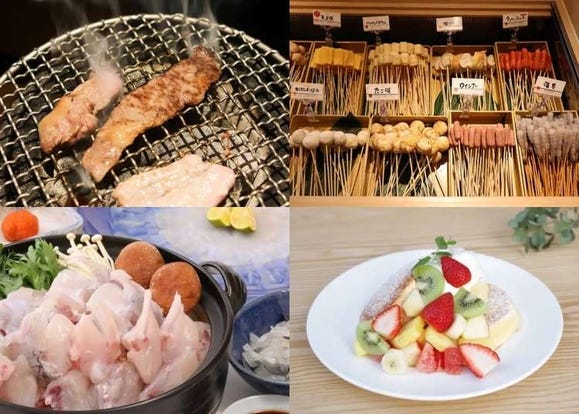
15 Must-Try Restaurants in Ikebukuro: From Aged Yakiniku to All-You-Can-Eat Sushi, Plus Adorable Animal Cafés
-
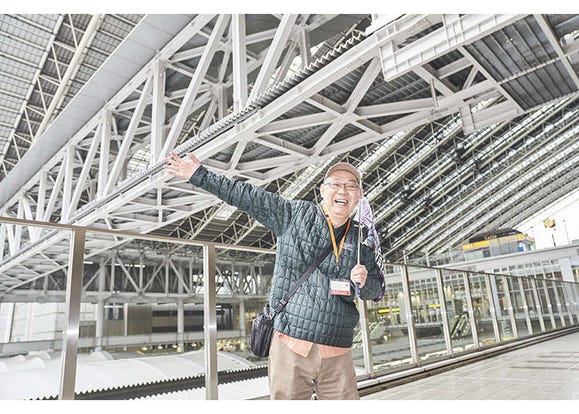
Discover Osaka Station City: A Journey Through Its Most Fascinating Spots
-
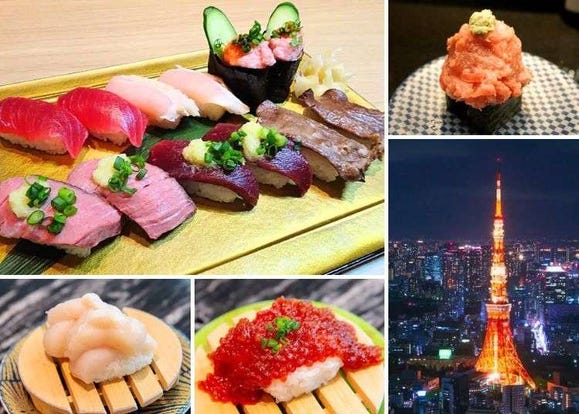
15 Must-Try Sushi Restaurants in Tokyo (+5 Trending Areas to Explore for Foodies)
-
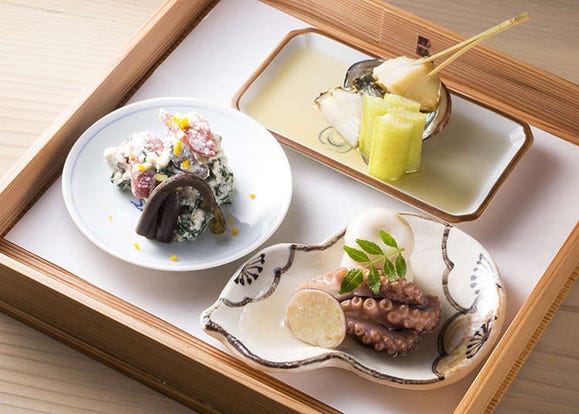
Fine Japanese Dining in Kyoto! Top 3 Japanese Restaurants in Kiyamachi and Pontocho Geisha Districts
-

Tokyo's Crazy 'Electric Town': Inside Guide to Akihabara's Top 10 Home Electronics Shops
-
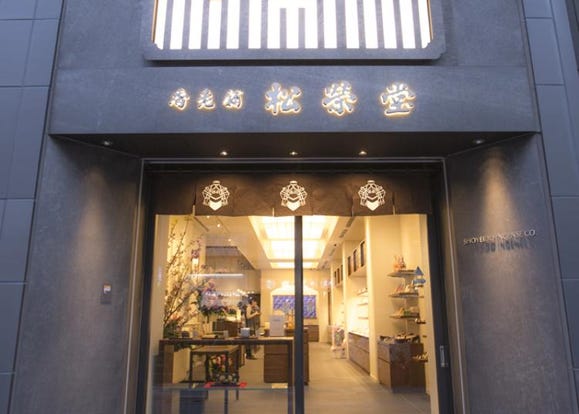
Tokyo Guide: Top 10 Most Popular Gift Shops in Ginza (July 2019 Ranking)
-
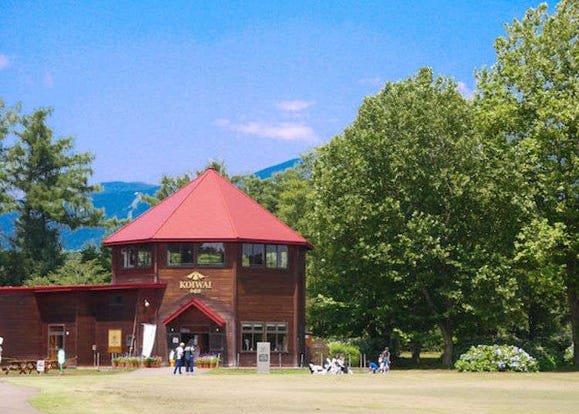
Koiwai Farm Guide: Eat, Learn and Play at Iwate Prefecture's Premier Agritourism Destination!
-

Day Trip Around the 8 Stunning Views of Muroran and Cape Chikyu in Japan's Wild North
-

10 Best Places for Lunch Near Kiyomizu Temple: Enjoy Traditional Yudofu, Yuba & Tsukemono!
- #best sushi japan
- #what to do in odaiba
- #what to bring to japan
- #new years in tokyo
- #best ramen japan
- #what to buy in ameyoko
- #japanese nail trends
- #things to do japan
- #onsen tattoo friendly tokyo
- #daiso
- #best coffee japan
- #best japanese soft drinks
- #best yakiniku japan
- #japanese fashion culture
- #japanese convenience store snacks
